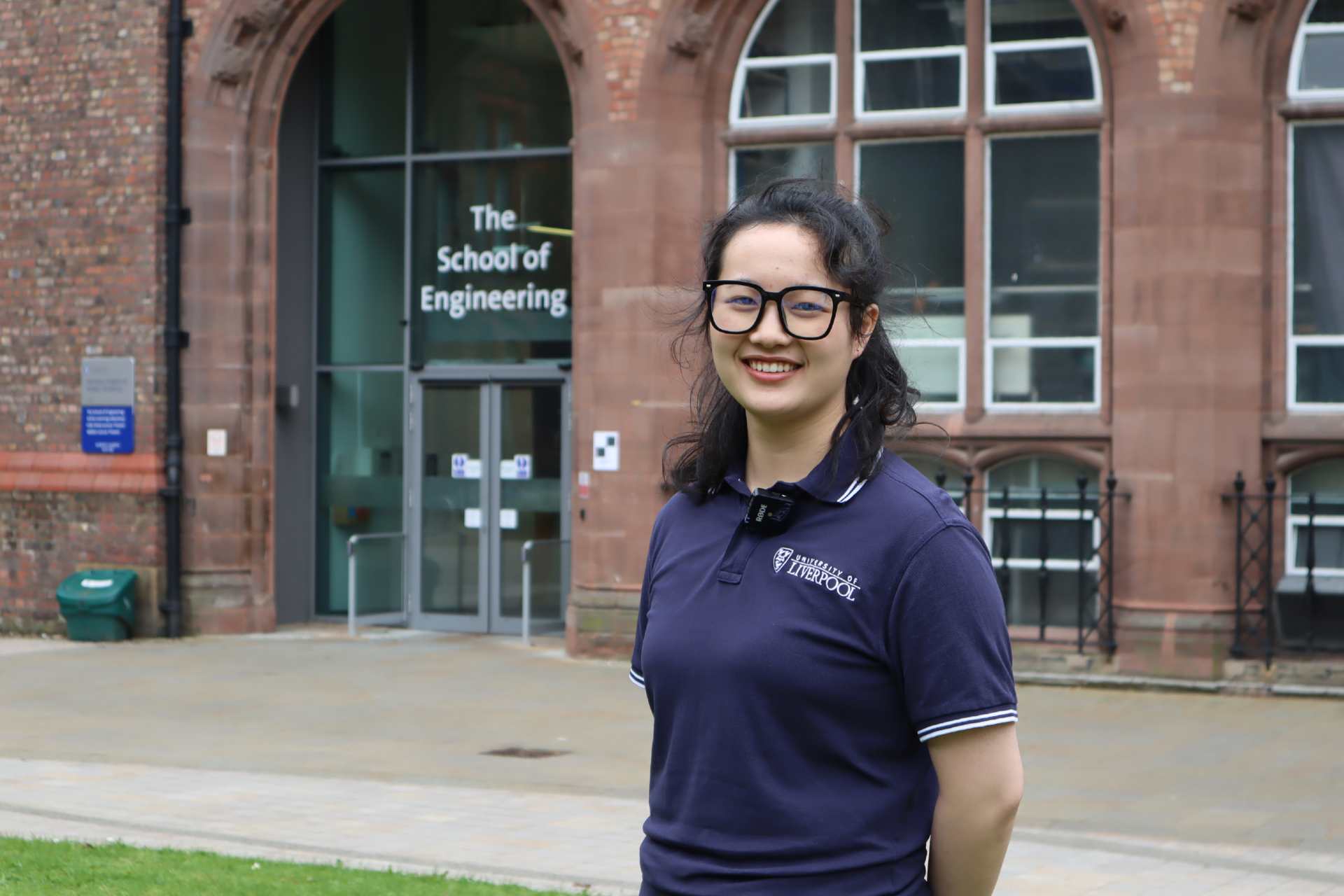Course overview
You’ll receive a thorough grounding in a range of electrical and computer control systems, and technologies in mechanical engineering, electronics, electrical engineering, control engineering and computing.
Whilst many products are essentially mechanical in nature, most could not function without electrical and computer control systems. There are also numerous automotive applications; modern high-performance cars have more than 100 computers hidden in the engine management system, anti-lock brakes, active suspension control and elsewhere. Engineers with experience in mechatronics and robotic systems are therefore in high demand.
We work closely with industry leaders to develop all of our programmes. Building on the core principles of electrical/electronic engineering, you will develop advanced skills in and experience with industry standard tools, technologies and working methods.
What you’ll learn
- Working as part of a team to undertake major projects
- The numerous real-world applications of mechatronics and robotic systems
- Advanced skills in design and implementation
- Be prepared for the global workplace
- Different systems, technologies and cultures within the global industry.
Accreditation
Accredited by the Institution of Engineering and Technology (IET) on behalf of the Engineering Council for the purposes of fully meeting the academic requirement for registration as an Incorporated Engineer and partly meeting the academic requirement for registration as a Chartered Engineer.








